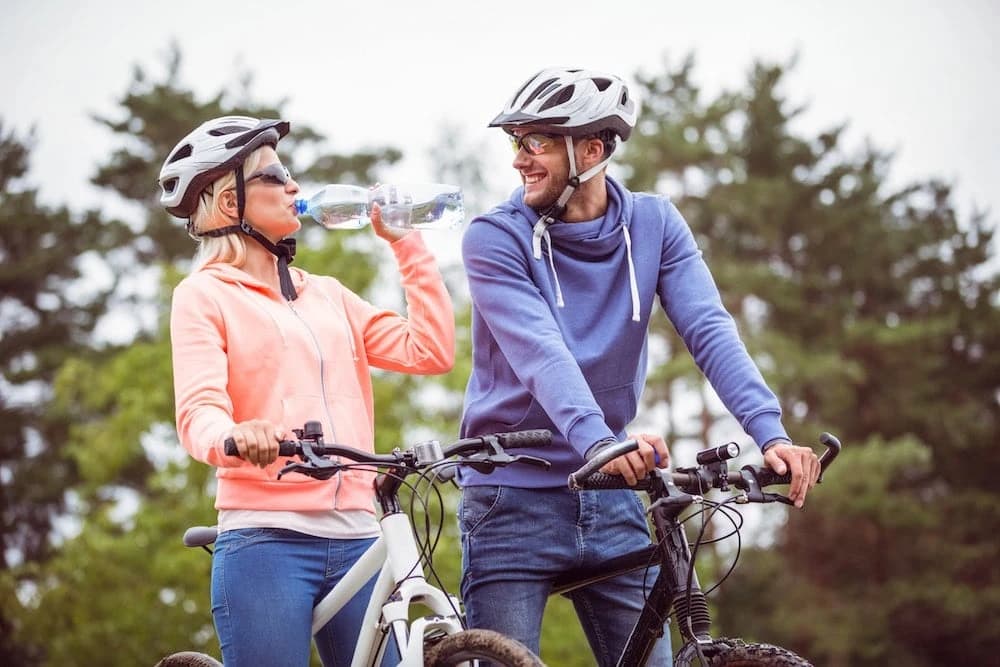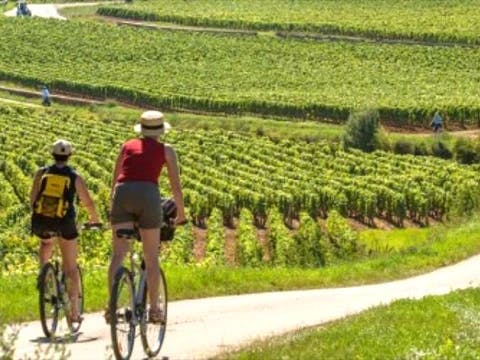When starting physical activity, one of the first questions many hikers and cyclists ask themselves is: should I use food supplements? If so, which can I take? In reality one should not scientifically follow the equation sport=supplements, because it greatly depends on the type of physical activity carried out, from the intensity, from one's own metabolism and from the diet that one follows. So, the question arises: when should a cyclist or a hiker take supplements? In this article, we try to answer all these questions.
Supplements: what are they?
First of all, it is important to understand what we are talking about: supplements are food products that supplement the normal diet and contain a high concentration of nutrients. Those who need supplements are athletes who, due to intense physical activity, do not leave enough time for the body to recover the necessary nutrients. An example are professional cyclists who need a large amount of carbohydrates to cope with physical effort. By following a regular diet they would have to consume kilos of pasta, on the contrary, using supplements, they directly fill this gap , without having to consume excessive amounts of food.
Often, people who approach a sport or physical activity as beginners immediately feel the need to take supplements, but it is important to be careful: you should absolutely not abuse them and it would be ideal to plan their intake following the advice of a doctor. Other very important things to know are:
- not all supplements are the same, in fact, each one has its own characteristic and is used to compensate for certain nutrients;
- they cannot replace a healthy and balanced diet.
There is nothing better than a healthy and balanced diet: when possible, it would be better to consume fruit, vegetables and take the right amounts of water, rather than relying on a supplement.

Which supplements to choose and how to take them
So, who should take food supplements? Certainly those who practice sport intensely, but in some cases also hikers and cyclists who travel routes of one or more days, especially during the summer period.
Read also: SOS heat, all the advice for cycling in summer
Those who suffer from cramps or have intense sweating may need more supplements than others, regardless of the intensity of physical activity, as well as those who have low iron and hemoglobin levels. In all these cases it is important to know that:
- those who suffer from cramps or have intense sweating may need mineral salt supplements;
- those who have low iron and hemoglobin levels may need multivitamin supplements;
- Finally, carbohydrate-based supplements and therefore sugars, help recover energy and are recommended to be taken at the end of the day, not during physical activity.
There are also other specific products, such as quick-acting gels that provide sugars or caffeine to give a temporary sprint. These must be used with great caution and exclusively in the case where you need a sprint of energy for a limited time.
In general, it is recommended to take food supplements always hydrating abundantly, as they tend to dehydrate the body a lot. When doing a stage by bike or on foot for example, it is very important to monitor water intake: you should never finish the route with the water bottle still full.
Drinking water is essential while doing physical activity and is the most important supply your body can have. This thing should never be underestimated because you risk arriving at the end of the day dehydrated, with a strong feeling of malaise.
Read also: the hiker's first aid kit
So, if you are wondering if you need to take dietary supplements during your bike or walking trips with your friends, now you know that there are some variables to evaluate, but above all that following a healthy diet based on fruit, vegetables and carbohydrates, together with regular water intake, are the best energy and nutrient supply you will need!



